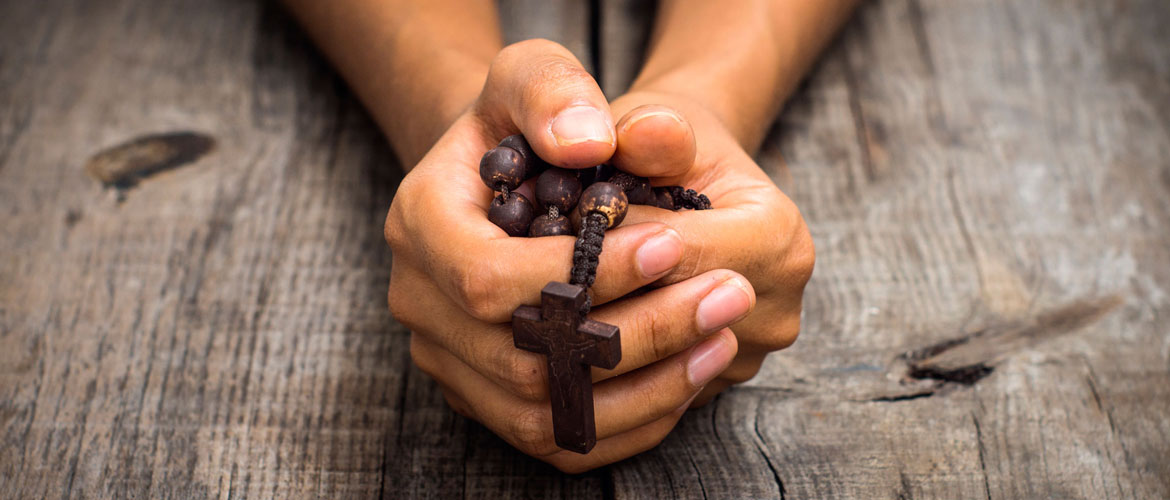What To Expect In The First Month Of Sobriety
Content
Baked into a lot of these programs and therapy sessions are things that will push you to accept full responsibility for your past and then provide you with the tools you need to move forward from them. Whatever recovery path you take (and there are MANY), the main thing is to acknowledge that you don’t have all the answers and could use some help. That step alone will lighten the emotional load significantly. It screws with our ability to make sound decisions, leading to risky and often embarrassing behavior.
- Those were the days I’d make it to the gym and think that things would turn out okay after all.
- Other unexpected life events can cause a relapse, which might make recovery seem impossible.
- While scientists have yet to determine the exact link, we do know that many people turn to alcohol and other illicit substances to self-medicate mental illness symptoms.
- Milestones in sobriety are celebrated to recognize the challenging work you are accomplishing.
- Your body and mind are undergoing enormous change as you adjust to sobriety.
Fortunately, sobriety allows you to repair and improve some of your most important relationships. You will learn how to handle your own emotions, set healthy boundaries and form true connections with others. If you stop drinking and taking drugs, you will be able to enjoy a longer life. The Centers for Disease Control and Prevention (CDC) reports that chronic users of alcohol can cut their life expectancy by an average of 30 years if they continue drinking. In 2018, deaths from drug overdoses declined for the first time in 28 years, helping to raise overall life expectancy in the U.S., according to the CDC.
Recovery from Addiction Is a Sign of Strength
Occasionally, those bad decisions veer into the realm of irreparable damage to our relationships, health, or life. Because I was a mental and emotional wreck with no sense of self-worth, it was easy to take advantage of me. A lot of people are surprised by just how much they would spend on their drinking. Saving all that money means paying off debt, traveling, or finally being able to set a little aside. These days I do not “really” have more money because I quit my job and added another human to our family.
- Substance abuse symptoms differ for everyone depending upon the level of addiction a person has, their physical and mental health, and other factors.
- As a result, they first experience basic hangover symptoms.
- Without alcohol, you’re feeling that anxiety in full force.
- You can form authentic relationships built on mutual respect, interests, and understanding rather than just who is willing or available to drink or use drugs with you.
- It might feel like drinking or using drugs makes your problems go away, but as anyone who’s struggled with addiction knows, this is just an illusion.
As you can see, one month without alcohol can do a world of good for you. But it’s important to remember that the temptation to drink will not go away this early, if it ever does. You will still almost certainly feel a desire to drink, and that can unfortunately start the whole recovery process over again. Triggers for drug and alcohol use are typically defined as people, places, and things that remind you of your addictive behavior or encourage the use of substances you’re trying to avoid. They don’t have to be direct triggers, like someone offering you the substance. Sobriety can be a fixed-term goal (i.e., staying sober for Dry January) or a lifelong goal (living a sober lifestyle or staying sober from all substances).
Depression
Alcohol disturbs sleep, but people often turn to alcohol to cope with sleep problems. This makes it difficult to determine if alcohol is the cause of sleep difficulties or if those sleep issues predated (and contributed) to their alcohol use. While scientists have yet to determine the exact link, we do know that many people turn to alcohol and other illicit sobriety sucks substances to self-medicate mental illness symptoms. But they may fail to realize that alcohol ultimately exacerbates mental illness. There is a high rate of comorbidity between alcohol addiction and mental illness—including depression, anxiety, bipolar disorder, and schizophrenia. Quitting alcohol has a number of important mental health benefits.
The first month is the most challenging time and the risk of relapse is higher in this duration. This is a really important decision and will need a good deal of willpower and dedication. Relapse can happen when you’re lonely, scared, or feeling any myriad of emotions. Newly recovering people may experience feelings of depression, loneliness, mental health symptoms, or other emotions that can prompt them toward drug or alcohol abuse. How do you feel about yourself when you’re drinking or using drugs? Maybe not, especially if your substance use has become a problem.
You have more free time.
Those are heavy things to lug around, and most people do not know how to tackle them alone (myself included). That led to a pretty terrible habit of feeling sorry for myself every chance I got (and I got many). Once your body adjusts, you’ll notice you have more energy and the ability to think clearly.
- As time goes on, you and your therapist may decide to meet every other week instead of weekly.
- Acknowledging and celebrating the hard work of recovery is helpful for keeping you motivated and reminding you why you took this brave step toward sobriety in the first place.
- Behavioral therapy helps with “drunk dreams” as well and deals with problems that led to the addiction in the first place.
- Life isn’t about just not using on a daily basis, it is about having the human experience that is living as well.
- Decreased activity in excitatory neurotransmitters can lead to sedation and sleepiness.
- You might have a strong support system of loved ones and family members to help you in your sobriety.
DT can be life-threatening, so you should seek immediate medical assistance if you experience these symptoms. The American Society of Clinical Oncology adds that limiting alcohol use while undergoing cancer treatment may help avoid potential complications. This includes cancer recurrence or the development of secondary primary tumors (SPTs).
The First Two Weeks of Sobriety:
The key element in your recovery is patience and consistency. Keep doing the things that are supporting you and are working and you will to the good stuff. https://ecosoberhouse.com/ By Michelle Pugle
Michelle Pugle, MA, MHFA is a freelance health writer as seen in Healthline, Health, Everyday Health, Psych Central, and Verywell.



